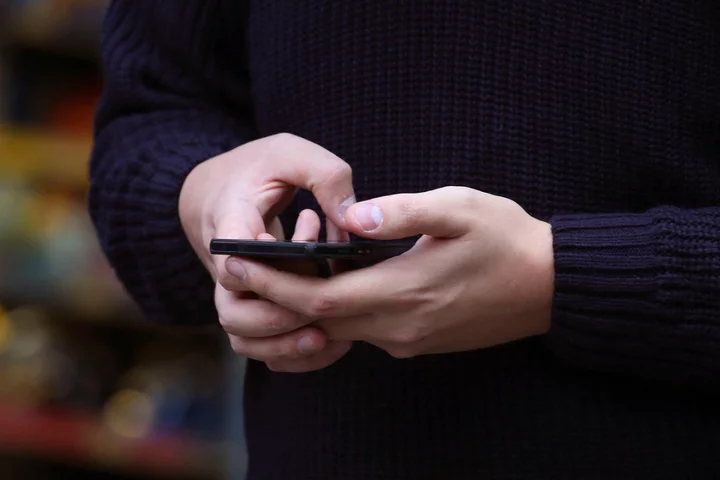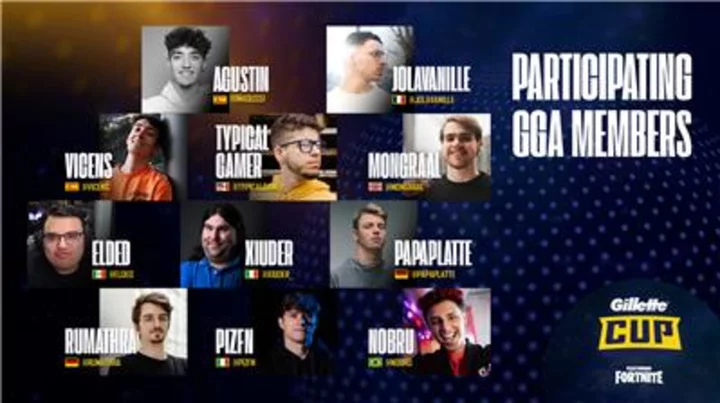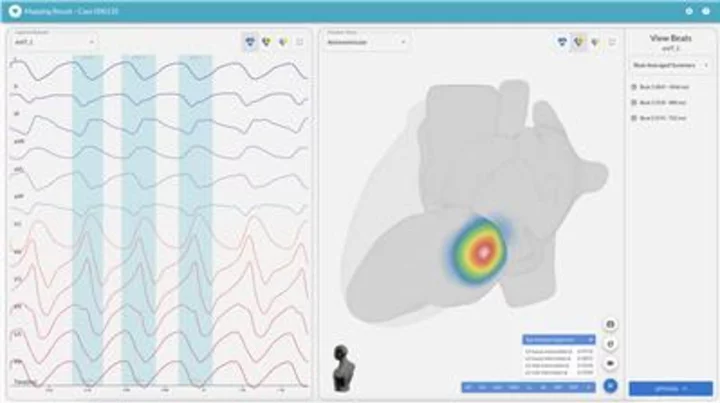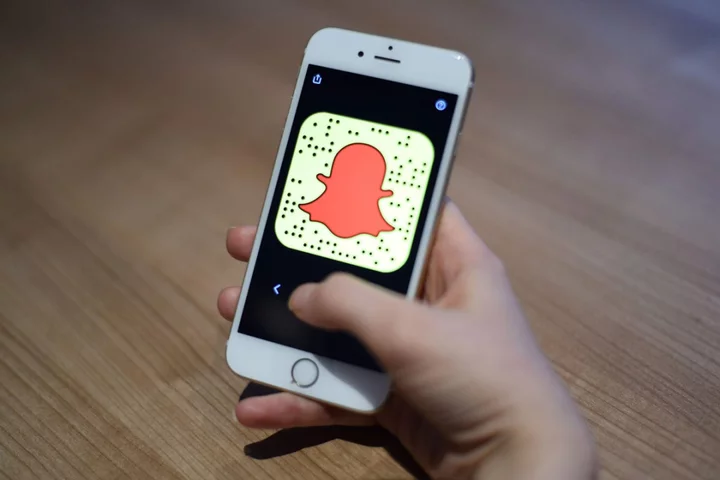Sensors in smartphones may be able to detect how drunk a person is based on changes in their voice, according to a small study.
Following experiments involving 18 adults aged 21 and above, scientists said they were able to predict a person’s level of intoxication with 98% accuracy based on an analysis of their voice patterns.
Brian Suffoletto, an associate professor of emergency medicine at Stanford University in the US, said the accuracy of the findings of his research “genuinely took me by surprise”.
He added: “While we aren’t pioneers in highlighting the changes in speech characteristics during alcohol intoxication, I firmly believe our superior accuracy stems from our application of cutting-edge advancements in signal processing, acoustic analysis, and machine learning.”
While Prof Suffoletto said larger studies are needed to confirm the validity of the findings, he added his work has the potential to deliver “just-in-time interventions” to prevent alcohol-related road injuries and deaths in the future.
Prof Suffoletto said: “Imagine if we had a tool capable of passively sampling data from an individual as they went about their daily routines and survey for changes that could indicate a drinking episode to know when they need help.”
Imagine if we had a tool capable of passively sampling data from an individual as they went about their daily routines and survey for changes that could indicate a drinking episode to know when they need help
Prof Brian SuffolettoFor the research, published in the Journal of Studies on Alcohol and Drugs, the scientists tailored alcohol doses based on the body weight of each person taking part and were given an hour to finish their drink.
Each individual was randomly given a series of tongue twisters to read out loud and a smartphone was used to record their voices.
Recordings were made before drinking, and each hour up to seven hours after drinking.
The researchers also measured each person’s breath alcohol levels at the beginning of the study and every 30 minutes for up to seven hours.
Using digital programmes, the researchers were able isolate the speaker’s voices and analyse measures such as frequency and pitch in one-second increments.
When checked against breath alcohol results, the researchers found that the model they developed was a good predictor of how drunk a person was – with 98% accuracy.
Prof Suffoletto believes that other behaviours such as gait and texting could be combined with voice pattern sensors to gauge intoxication levels.
He said: “Timing is paramount when targeting the optimal moment for receptivity and the relevance of real-time support.
“For instance, as someone initiates drinking, a reminder of their consumption limits can be impactful.
“However, once they’re significantly intoxicated, the efficacy of such interventions diminishes.”
Read MoreIreland and Apple await major development in long-running EU tax dispute
Guidance urges parents not to buy smartphones for primary school children
William ‘blown away’ by futuristic technology from Singapore start-ups
Return of original Fortnite map causes record traffic on Virgin Media O2 network
NatWest creates new AI-powered chatbot capable of ‘human-like’ conversations
Succession star Sarah Snook says AI use in film industry needs ‘stringent rules’









